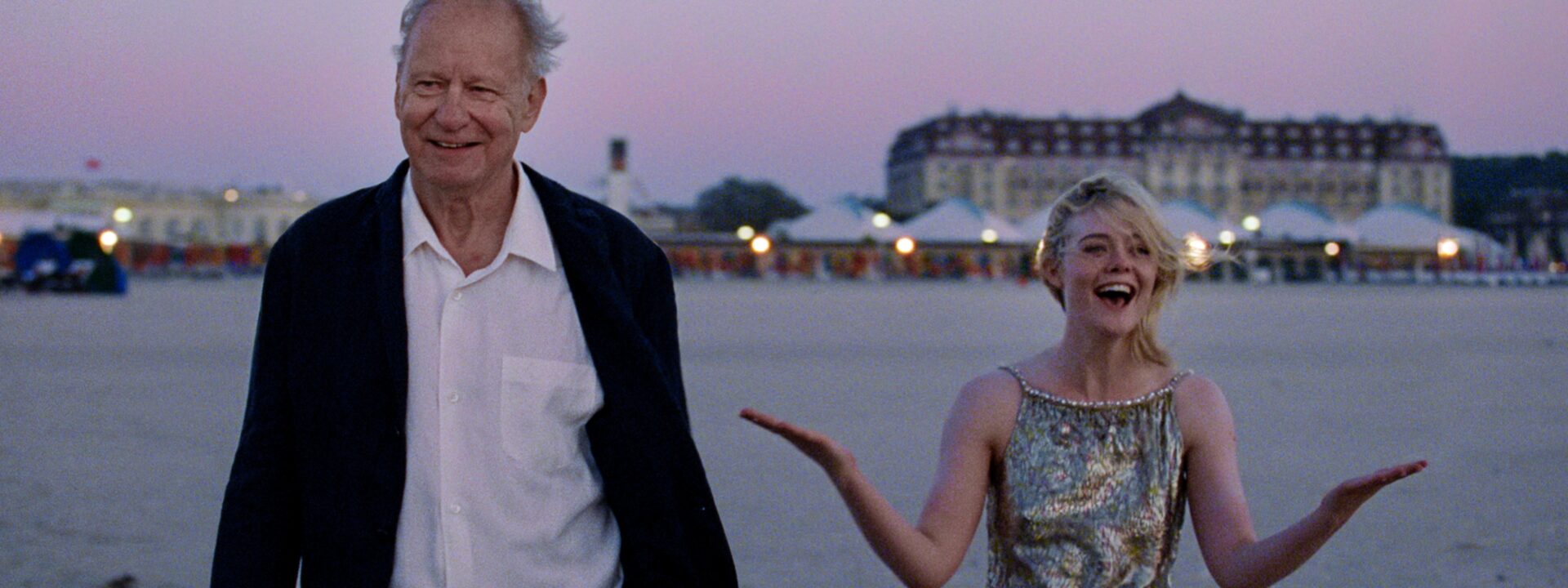This year’s Cannes Film Festival had its share of star-studded letdowns (Die My Love, Eddington), along with some uneven directorial debuts from Hollywood stars (Kristen Stewart’s The Chronology of Water and Scarlett Johansson’s Eleanor the Great) and several films that were more fun than groundbreaking (Wes Anderson’s The Phoenician Scheme, Spike Lee’s Highest 2 Lowest, Richard Linklater’s Nouvelle Vague, Kleber Mendonça Filho’s The Secret Agent, Akinola Davies Jr.’s My Father’s Shadow, Carla Simón’s Romería, and Michael Angelo Covino’s Splitsville).
But for me, five films truly stood out—ranging from poetic family dramas to dark comedies and chilling horror—all of which have lingered in my mind since I first saw them. These are the must-watch films from this year’s festival.
### Sentimental Value
Norwegian director Joachim Trier’s follow-up to The Worst Person in the World (once again starring Renate Reinsve and Anders Danielsen Lie) is both an intimate character study of two sisters and their controlling filmmaker father and a decades-spanning family saga rooted in their crumbling Oslo home. Easily the best film of the year so far, it balances humor and depth effortlessly, culminating in an ending that left me in tears. With a razor-sharp script and phenomenal performances from Stellan Skarsgård, Inga Ibsdotter Lilleaas, and Elle Fanning, this is one to watch—and expect it in the 2026 awards race.
### It Was Just an Accident
Iranian dissident Jafar Panahi’s first film since his imprisonment (for “propaganda against the system”) was shot in secret and draws from his own experiences. Unlike The Seed of the Sacred Fig—last year’s Cannes jury prize winner by Panahi’s friend Mohammad Rasoulof—this isn’t a straightforward indictment of the regime. Instead, it’s a surreal comedy-revenge thriller about a kindhearted mechanic (Vahid Mobasseri) who stumbles upon a man (Ebrahim Azizi) who looks eerily like his former torturer. What follows is a chaotic kidnapping, a quest for justice, and an unlikely alliance with others who’ve suffered under the same man. Hilarious yet harrowing, with moments like bribe-taking security guards and an unexpected childbirth, it builds to a devastating conclusion that exposes state brutality. As thrilling as it is urgent.
### Alpha
Every Cannes needs a polarizing female-directed body horror—this year, it’s Julia Ducournau’s (Titane) visceral, haunting take on girlhood. Set in the grunge-filled ’90s, it follows 13-year-old Alpha (a mesmerizing Mélissa Boros) as a mysterious pandemic turns skin to marble before crumbling to ash. When Alpha returns from a party with a strange tattoo, she fears she’s infected. School bullies close in, paranoia grows, and chaos escalates with the arrival of her addict uncle (a terrifying Tahar Rahim), who’s also sick. A disturbing, unforgettable dive into adolescence and disease.
(The remaining two films would follow in a similar concise, engaging style.)Sound of Falling
A flawed yet bold and haunting film, Sound of Falling stumbles in its uncertain ending but lingers in the mind with its unsettling imagery and twisting narrative. German director Mascha Schilinski’s dreamlike period piece is both a puzzle and a sensory assault, set on a single farm that spans a century. Four girls from different eras inhabit this eerie landscape: Alma (Hanna Heckt), a curious child in early 20th-century dresses; Erika (Lea Drinda), a fearless teen during WWII; Angelika (Lena Urzendowsky), a brooding girl in the chaotic ’70s; and Lenka (Laeni Geiseler), adrift in the present day. As their timelines blur, a shared history of trauma and death emerges. At two and a half hours, the film tests patience with its meandering pace, but its ambition and haunting power make it unforgettable.
Urchin
Harris Dickinson, fresh off Babygirl, makes a striking directorial debut with Urchin, following Mike (Frank Dillane), a homeless Londoner struggling to survive. The film captures his encounters—kind strangers, fellow drifters, fleeting jobs, love, and addiction—with raw honesty. Dickinson avoids easy resolutions, crafting a complex, deeply human portrait. Visually stunning, the film confirms his talent alongside boundary-pushing directors like Eliza Hittman and Ruben Östlund. Some bold choices don’t quite land, including a shaky ending, but for a first film, it’s remarkably confident. Bonus points for the perfect use of Atomic Kitten’s Whole Again—you’ll leave humming it.
